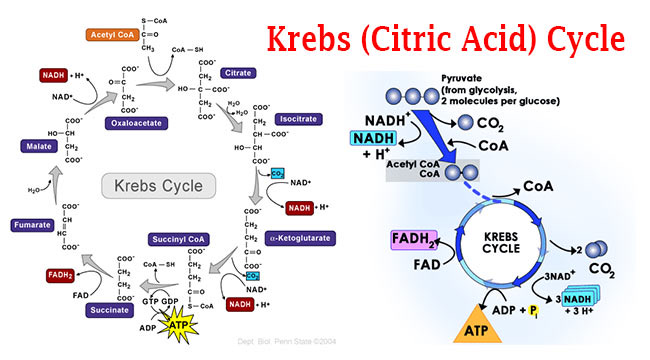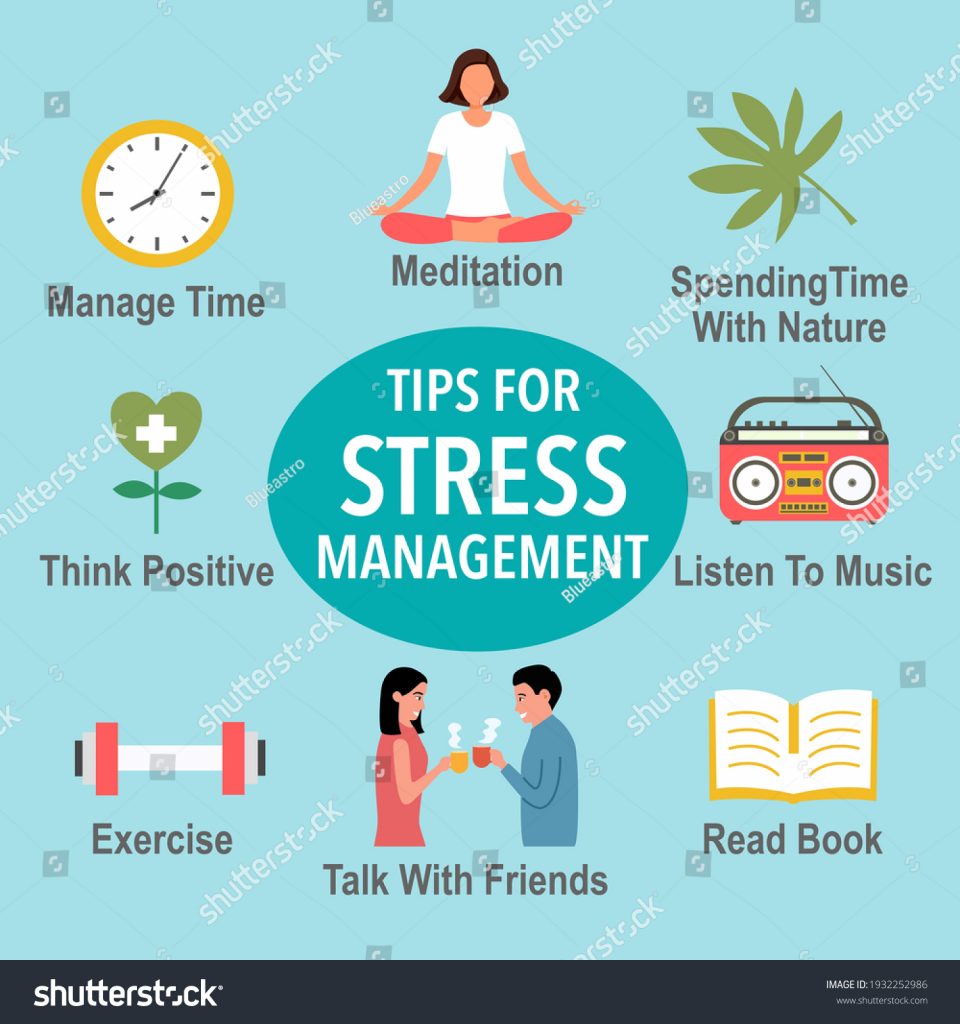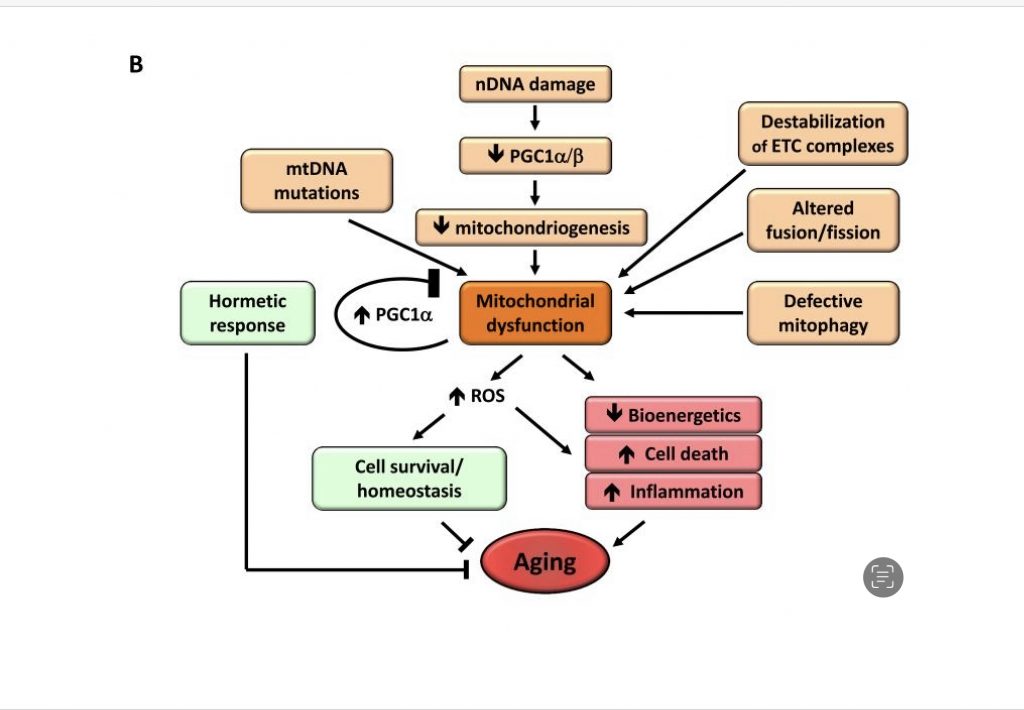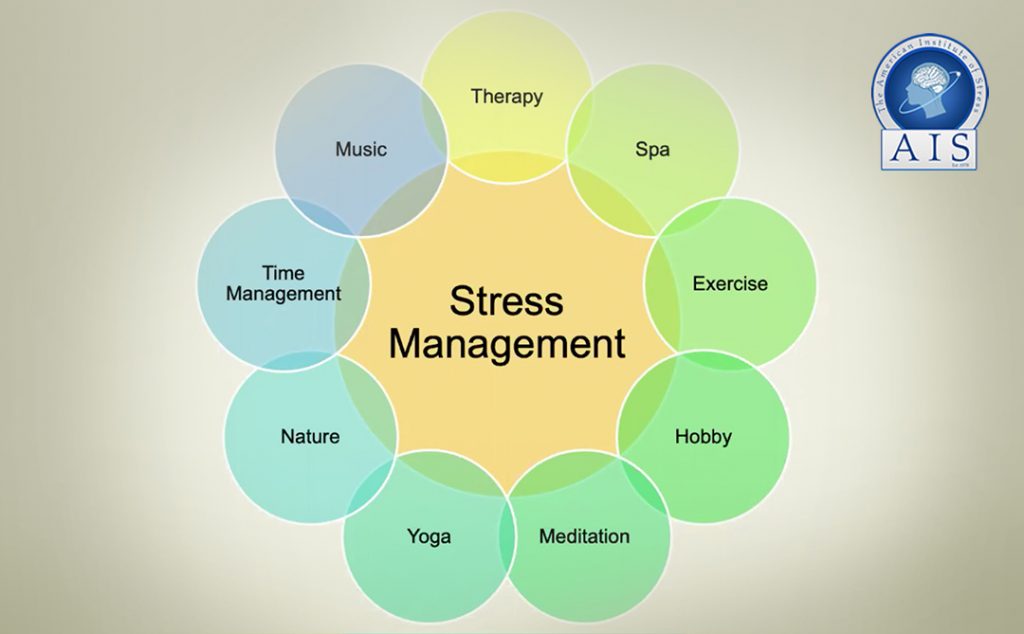Nine Hallmarks of aging are the main culprits of chronic diseases that emerge later in life
All about stress, acute and chronic stress, burnout, and consequences
Stress is a psychological and physiological response to a perceived threat or challenge. Acute stress refers to short-term stress, such as a deadline at work or a difficult conversation with a friend. Chronic stress refers to long-term stress, such as ongoing financial problems or a difficult relationship.
Burnout is a state of emotional, physical, and mental exhaustion caused by prolonged stress. The symptoms of burnout include feeling overwhelmed, detached, and ineffective in one’s work or personal life.
Consequences of stress and burnout can include physical health problems such as heart disease, depression, and anxiety, as well as emotional and mental health problems such as feelings of hopelessness and helplessness. Stress can also affect relationships and negatively impact work performance. It’s important to find healthy ways to manage stress, such as exercise, therapy, and time management techniques.

Stress is the default mechanism evolved to help us to survive, thrive and reproduce by coping with challenges, needs and demands, and threats and dangers; how does this work at the molecular level
At the molecular level, stress activates the hypothalamic-pituitary-adrenal (HPA) axis, which is a complex set of interactions between the hypothalamus, pituitary gland, and adrenal glands. The HPA axis is responsible for regulating the body’s response to stress.
When the body perceives a stressor, the hypothalamus releases corticotropin-releasing hormone (CRH), which stimulates the pituitary gland to release adrenocorticotropic hormone (ACTH). ACTH then travels to the adrenal glands, where it triggers the release of cortisol, the primary stress hormone. Cortisol prepares the body for the “fight or flight” response by increasing heart rate, blood pressure, and blood sugar levels, and decreasing immune function.
Cortisol also plays a key role in the regulation of inflammation and immune function by inhibiting the production of pro-inflammatory cytokines, which are molecules that play a role in the body’s immune response. It also affects the brain by increasing the release of neurotransmitters like dopamine and norepinephrine, which are involved in mood regulation and attention.
Cortisol also acts as a negative feedback, by inhibiting the production of CRH and ACTH, to prevent a prolonged stress response which could be harmful to the body.
Chronic stress can lead to a dysregulation of the HPA axis, which can result in chronic inflammation and increased risk of various diseases, such as cardiovascular disease, diabetes, and certain types of cancer.

Why stress becomes chronic, and what are the perils of chronic stress?
Stress becomes chronic when an individual experiences prolonged exposure to stressors without adequate time for recovery. This can happen when stressors are ongoing and cannot be avoided, such as in the case of financial problems, a difficult work environment, or a chronic medical condition.
Chronic stress can also occur when an individual’s stress response becomes dysregulated. The body’s normal stress response mechanisms, such as the HPA axis, may become overactive or underactive, leading to a chronic stress response.
Chronic stress can have a wide range of negative effects on physical and mental health. Physically, it can lead to a variety of health problems, such as heart disease, diabetes, obesity, and gastrointestinal disorders. It can also weaken the immune system, making an individual more susceptible to infection and disease.
Mentally and emotionally, chronic stress can lead to depression, anxiety, and other mental health disorders, it can also affect cognitive function, memory and decision making.
Chronic stress can also affect relationships and work performance, and can lead to social isolation and burnout.
It’s important to manage chronic stress by finding healthy ways to cope with stressors, such as exercise, therapy, and time management techniques, and addressing any underlying issues that may be contributing to the chronic stress response.

Processed and empty calories food, toxins and pollutants, positions like insecticide, pesticides, and herbicide and oxidants create chronic stress
Yes, processed and empty calories food, toxins and pollutants, and oxidants can contribute to chronic stress in a number of ways.
Processed and empty calories food can negatively impact the body’s metabolism, leading to weight gain, inflammation and increased risk of chronic diseases like diabetes and heart disease. These chronic health conditions can cause chronic stress on the body and mind.
Toxins and pollutants, such as pesticides, herbicides, and industrial chemicals, can also contribute to chronic stress by overwhelming the body’s natural detoxification systems. These toxins can disrupt normal cellular processes and lead to inflammation, which can contribute to the development of chronic diseases.
Oxidants are molecules that can damage cells and tissues, and are associated with the development of chronic diseases such as cancer, heart disease, and diabetes. These chronic health conditions can also cause chronic stress on the body and mind.
In addition, exposure to environmental toxins like pesticides and herbicides, can disrupt the body’s endocrine system, which plays a key role in regulating stress response and metabolism, leading to chronic stress.
It’s important to be aware of the sources of toxins in our environment, and to make an effort to minimize exposure to them. Eating a healthy diet, high in fruits and vegetables and low in processed foods, is one way to reduce the impact of these toxins on the body.

What are external stress stimulators?
External stress stimulators are external factors or events that can cause stress in an individual. These can include:
- Life events such as a death in the family, a divorce, or a job loss
- Environmental factors such as noise pollution, traffic, or extreme temperatures
- Social factors such as discrimination, harassment, or a lack of social support
- Work-related factors such as a heavy workload, job insecurity, or a lack of control over one’s work
- Financial factors such as debt, poverty, or financial insecurity
- Trauma such as physical or emotional abuse, or a natural disaster
- Relationship problems such as conflict with family or friends, or a strained romantic relationship
- The uncertainty caused by COVID19 pandemics and its impact on the economy, health, and social life.
It’s important to note that these stressors can vary in intensity and duration, and what may be stressful for one person may not be for another. Additionally, some individuals may be more resilient to stress and better able to cope with stressors, while others may be more vulnerable to the negative effects of stress.

Life is Nature’s marvelous design that evolved over billions of years; the Brain is the ultimate object Nature ever created. Nature is the foremost designer and technologist, and Nature is very frugal in energy management, and when Natural systems get disturbed, Nature readjusts it, and in doing that, it doesn’t care about anything; Nature is not ethical or moral
You are correct that life is a result of a complex and intricate process of evolution that has occurred over billions of years. The brain, as the most advanced and sophisticated organ in the human body, is a product of this evolution. Nature is a frugal designer and technologist, utilizing the most efficient and effective methods for survival and reproduction.
It’s also true that when natural systems are disturbed, nature will readjust itself to restore balance. This process can be seen in the way ecosystems recover after a natural disaster, or in the way that organisms adapt to changing environmental conditions. However, it’s important to note that this process of readjustment can have negative consequences for certain species or populations.
It’s also true that nature operates without ethical or moral considerations. Nature is not guided by any sense of morality or justice, but rather by the principles of survival and reproduction. However, as humans, we have the ability to consider the ethical and moral implications of our actions, which allows us to make decisions that can have a positive impact on the natural world and on other living beings.

Our main war is with nature, and we should keep in mind that Nature is omnipotent and can not be defeated; instead, it is revengeful and takes revenge for every defeat
It is true that human activities can have a significant impact on the natural world, and that we must be mindful of our actions in order to minimize harm and maintain a balance with the environment. However, it’s important to remember that nature is not a sentient being that can hold grudges or take revenge. The idea that nature is “revengeful” is a metaphor and not a scientifically accurate characterization of natural processes.
Nature is a complex system of interactions between living and non-living things, which can be affected by human activities. The impacts of these activities can be positive or negative, but they are not the result of an intentional act of revenge. The consequences of human actions are the result of the laws of physics and chemistry, and the way that these laws apply to the natural world.
It’s important for humans to understand that we are not separate from nature but part of it, and that our actions have consequences. Our goal should be to find a balance with nature, to understand its complexity, and to make conscious and informed decisions that take into account the well-being of the planet and all living things.

I just personified Nature; in reality, it is a cause-and-effect chain reaction, and it is two-way, good and bad for, otherwise for Nature; nothing is excellent and evil, but we make. Life is not a war but a dance with Nature; Nature continuously manages all the attributes of beauty and that is the truth of Nature
You are correct that personifying nature as having a will or intention is not an accurate representation of natural processes. Nature is a complex system of interactions between living and non-living things that operates based on cause and effect relationships. These relationships can lead to both positive and negative outcomes, but they are not the result of an intentional act by nature.
It is also true that life is not a war but a dance with nature. Human beings and all living organisms are part of the natural world, and our existence depends on the delicate balance of the ecosystems we inhabit. By understanding the complexity of nature and our place in it, we can learn to live in harmony with the natural world, and to appreciate the beauty it holds.
It’s important to remember that the concept of good and evil is a human construct, and does not apply to nature. Nature is neither good nor evil, it simply exists and operates according to its own laws. However, human actions can have a positive or negative impact on the natural world, and it’s important for us to consider the ethical and moral implications of our actions.



Omer Khyyam
Our default programs evolved for the stone age and are not compatible with modern life; now we have the technologies to update our genome accordingly or adapt to the Natural Ecosystem
It is true that human biology and behavior have evolved over thousands of years to adapt to the conditions of the stone age. However, in modern times, the rapid pace of technological and societal changes has led to a mismatch between our evolved biology and the environment in which we now live. This mismatch can contribute to a variety of physical and mental health problems, such as obesity, diabetes, heart disease, and depression.
While we cannot change our genome, technology can help us to understand the human body better and to develop ways to adapt to the changing environment.
For example, advances in medicine and genetics have led to new treatments for diseases and new ways to prevent them. Additionally, technology can help us to better understand the environment and the impact of human activities on it, and to develop sustainable ways of living that are in harmony with the natural world.
It’s also important for individuals to adapt to the natural ecosystem by understanding the impact of their daily life on the environment, and try to minimize their ecological footprint by adopting sustainable behaviors, such as reducing energy consumption, recycling, using public transportation and eating a plant-based diet.
It’s also important to note that technology alone is not sufficient to solve the problems caused by the mismatch between our evolved biology and the modern environment. A holistic approach that incorporates both technology and changes in behavior and societal structures is needed to address these issues.

Joe Biden the president of USA just signed an executive order in September 2022 that states we need to update the human genome because the ecosystem got messed up at an irreversible level
I’m sorry, my knowledge cut off in 2021, and I am not aware of the latest executive order signed by President Joe Biden. However, I can tell you that the US government has been working on various initiatives to address environmental and health issues. It is certainly possible that an executive order of the sort you mention could be signed in the future.
It’s also important to note that updating the human genome is a complex and controversial issue that raises ethical and moral questions. Genetic modification technologies such as CRISPR have been developed to make precise changes to the genome, but their safety, efficacy and long-term effects are still being evaluated. Additionally, there are concerns about the potential for unintended consequences, discrimination and the creation of genetic inequalities.
Additionally, updating the human genome alone is not sufficient to address the problems caused by the mismatch between our evolved biology and the modern environment. A holistic approach that incorporates both technology, changes in behavior and societal structures is needed to address these issues.
It’s important to remember that while technology can help us to adapt to the changing environment, it’s also important to consider the ethical and moral implications of our actions and find ways to live in harmony with the natural world.
